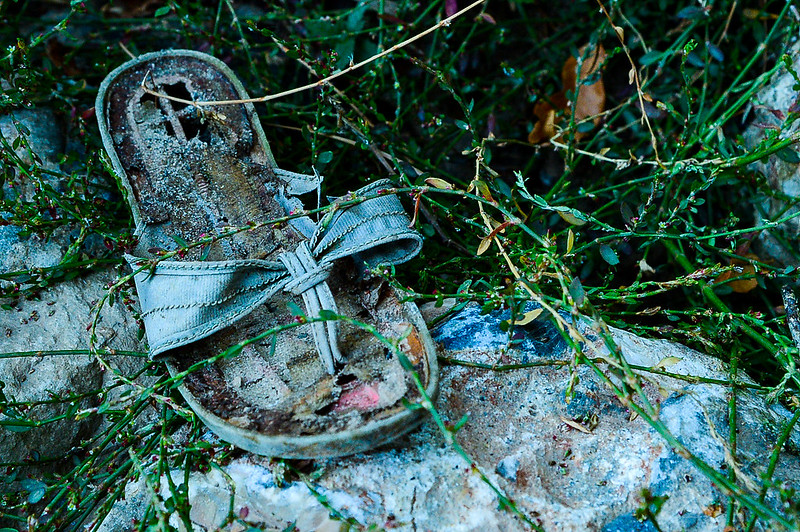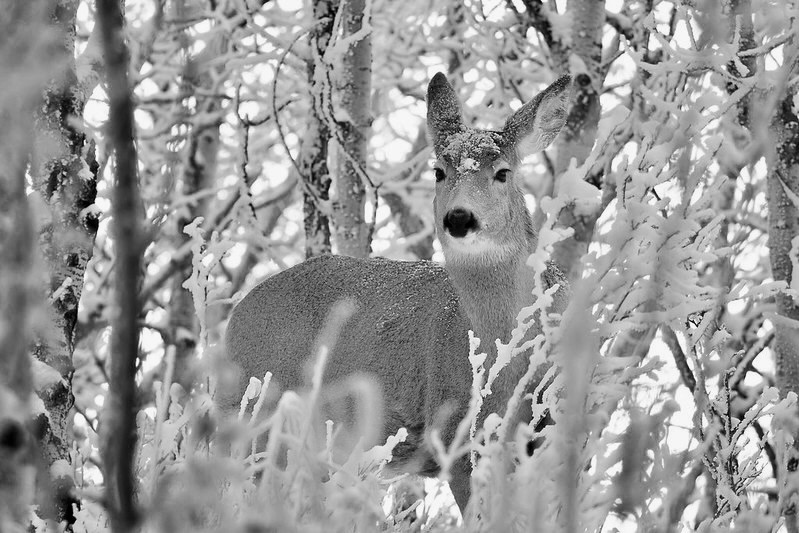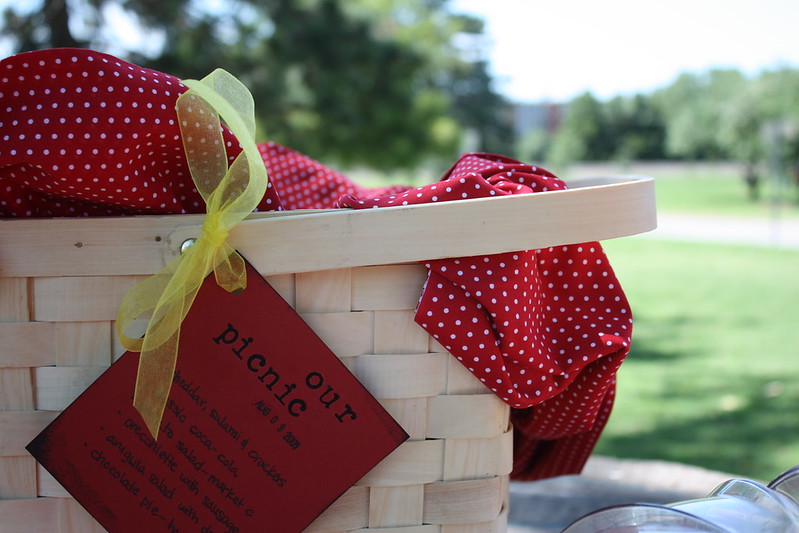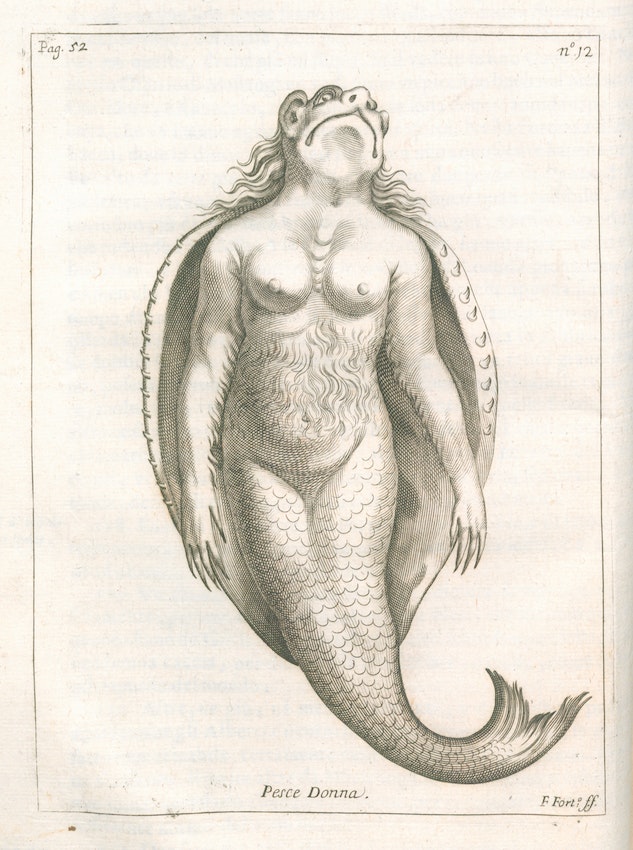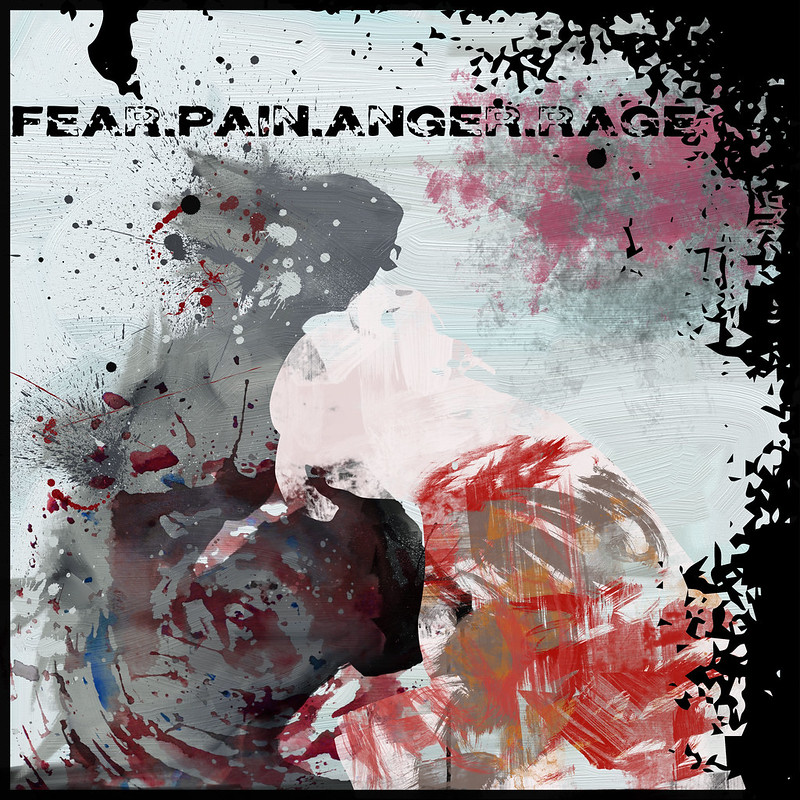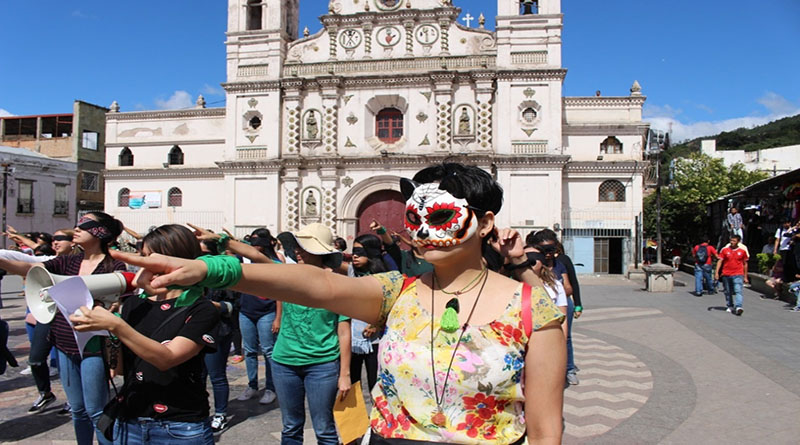A Woman of Good Manners
By Nikki Blakely
It is a universal truth that a man of good fortune must be in want of a wife, and Jayne set her sights on Edward, despite his reputation for being of a most disagreeable character.
On their first date, they went to Possum Pond.
Jayne had always been told the way to a man’s heart was through his stomach. She smiled coyly at Edward as she opened the picnic basket and placed the food onto a red checkered tablecloth laid out under the shade of a large elm tree—ham and Swiss sandwiches with the crusts cut off, red potato salad with tiny cornichons and tart-sweet lemonade, freshly squeezed.
Edward ate heartily, while Jayne merely picked at her food, as was befitting a woman of good manners. Afterward, she slipped off her stockings, pulled her dress to her thighs and waded into the pond, beckoning Edward with the crook of her finger to follow, and follow he did.
He came up behind her, grabbed her tightly by the neck, then pushed her face into the muddy murk of the shallow water and held it there until her body stopped thrashing.
The next afternoon, it surprised Edward to see Jayne strolling up the cobbled stone pathway to his house, looking no worse for wear, though he thought he noticed a slight smudge of dirt around the cuff of her sleeve.
“Darling, it’s a beautiful day for a picnic,” she said, exactly as she had the day before, and indeed it was.
True, Jayne was not an overtly handsome woman, her countenance left Edward wanting, but her cooking skills were a credit to her housekeeping. And, well, it was lunchtime and he was hungry. Edward pulled his hat and coat from the rack, and once more they set off to Possum Pond.
Today she brought crispy fried chicken, golden buttermilk biscuits, and ice cold beer, and, for dessert, cinnamon-apple hand-pies. Jayne only nibbled—she was a lady after all—while Edward ate his fill. Afterward, Edward picked up one of Jayne’s stockings that she had taken off, twisted it tightly around her neck, and pulled sharply. Her hands clawed at her throat, her eyes bulged, and her body thrashed until finally falling limp.
The next day, Jayne was again on Edward’s doorstep, with only a slight reddening around her neck.
“Darling, it’s a beautiful day for a picnic,” she said, and off they went.
She’d made a salad with fresh greens, crisp bacon and soft-boiled eggs. Edward washed it all down with Southern sweet tea, then finished the meal with vanilla macaroons. Afterward, he pulled out a knife he’d hidden in his sock, and stabbed Jayne in the neck, watching the blood first spurt, then trickle, the red stain spreading like spilled wine across the checked tablecloth.
When Jayne once again appeared on his doorstep the following day, Edward noticed a crimson spot on her collar, and thought her smile waned slightly, but other than that, she remained nonplussed. They locked arms and set off for Possum Pond.
As usual, they sat down under the cool shade of the elm, and Jayne removed the food from the picnic basket: beef tongue pie, pickled beets, butterscotch pudding and sarsaparilla soda. After they had eaten, they lay down, and spent the afternoon picking animal shapes from the clouds until Edward at last leaned over and kissed Jayne on the lips. Then he placed his coat over her face and pressed down firmly until her arms stopped flailing about and she was completely still.
“Darling, it’s a—” Edward was already waiting at the door, coat and hat in hand.
From the picnic basket, Jayne pulled cold roast mutton, deviled eggs, sweet mulled cider, and a raspberry tart. When Edward finished eating, he picked up a thick heavy log and smashed it over her head, once, twice, three times for good measure, until her body collapsed and crumpled to the ground in a heap.
When Jayne again showed up the next day, picnic basket in hand, it had been five days since their first date. She looked a little bedraggled, with the smudge of dirt on her cuff, a reddening around her neck and a drop of blood on her collar. Her bun hung askew to the left, and she walked with a slight limp.
Edward considered Jayne. She was not a great beauty, nor an accomplished woman. By her own confession, she did not possess any knowledge of the pianoforte, was not skilled in the art of conversation, and almost always lost at whist. Her prospects were most certainly limited. But her figure was slight and pleasing, she ate like a bird, and, try as he might, she would not die. What she lacked in physical attributes she made up for in tenacity. If he couldn’t kill her, he’d marry her instead. He decided to propose that day, directly after lunch.
That day, as Jayne had done every day before, she shook out the checkered tablecloth and spread it out under the shade of the elm. She slipped off her stockings, and Edward, impatient to see what new delights the picnic basket held, took haste to open it before Jayne had the opportunity, His countenance revealed his surprise at finding it empty, and he looked to Jayne for explanation.
“It is a universal truth that a woman of bad fortune might be in want of a good meal rather than a good husband, and there is a much faster way to a man’s heart.”
With one hand, Jayne grabbed Edward by the throat and plunged the other deep into his chest. She pulled out his heart, still beating, and bit into it like an apple, the blood dribbling down her chin. Then she picked up a napkin and dabbed daintily at the corners of her mouth. She was a woman of good manners, after all.
Nikki Blakely lives in the San Francisco Bay Area, with her partner and a precocious gray tabby named Tedz. She enjoys writing fiction of all shapes, sizes, and genres, crafting stories that evoke smiles, tears, laughter, the occasional eye roll, and sometimes even a scream. Her work has been published in Sundial Magazine, Bright Flash Fiction and Luna Station Quarterly, and others. You can find her on Twitter at @nblakely99
Photo credit: “Picnic Basket” by Paul via a Creative Commons license.
A note from Writers Resist
Thank you for reading! If you appreciate creative resistance and would like to support it, you can make a small, medium or large donation to Writers Resist from our Give a Sawbuck page.

